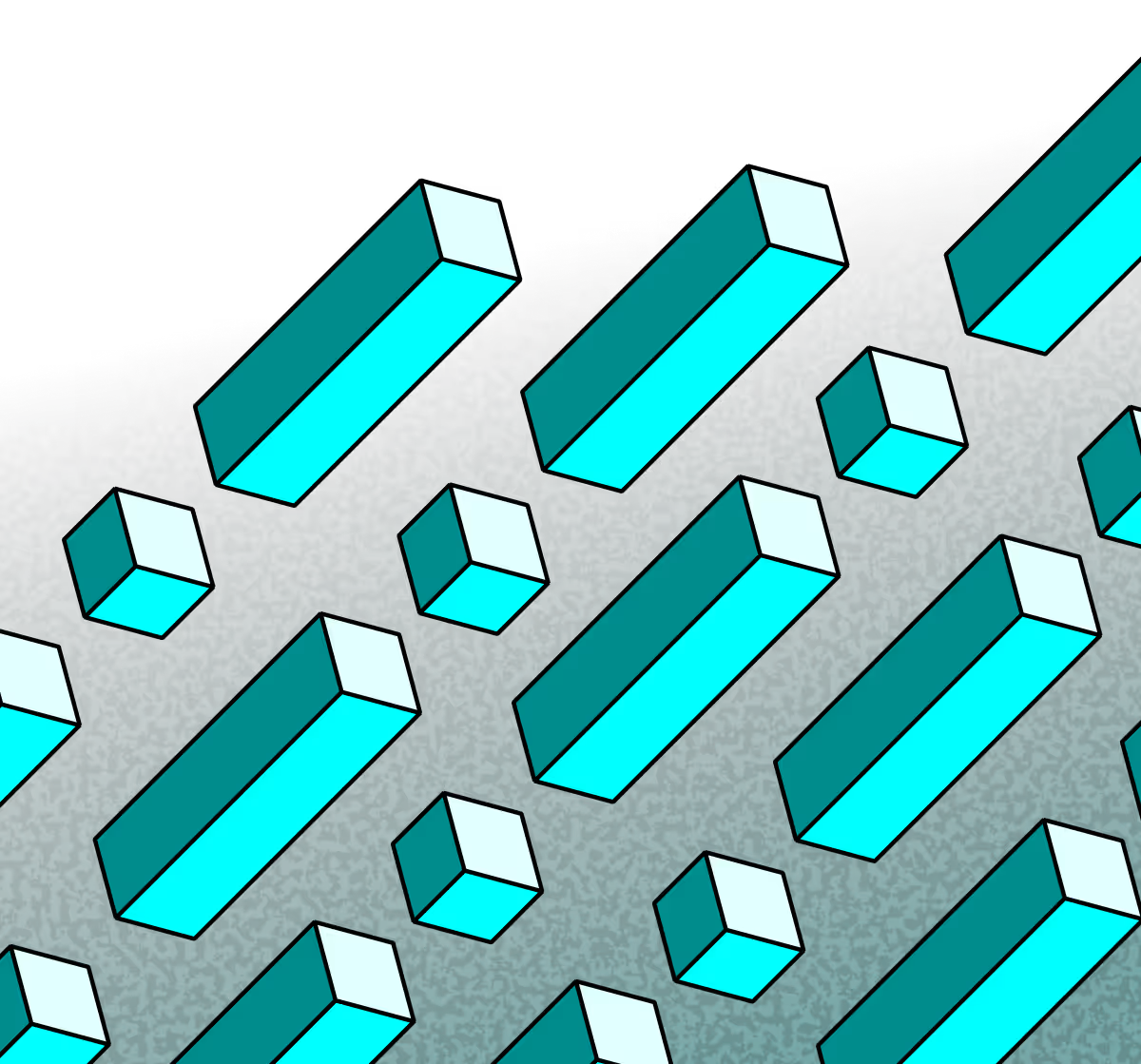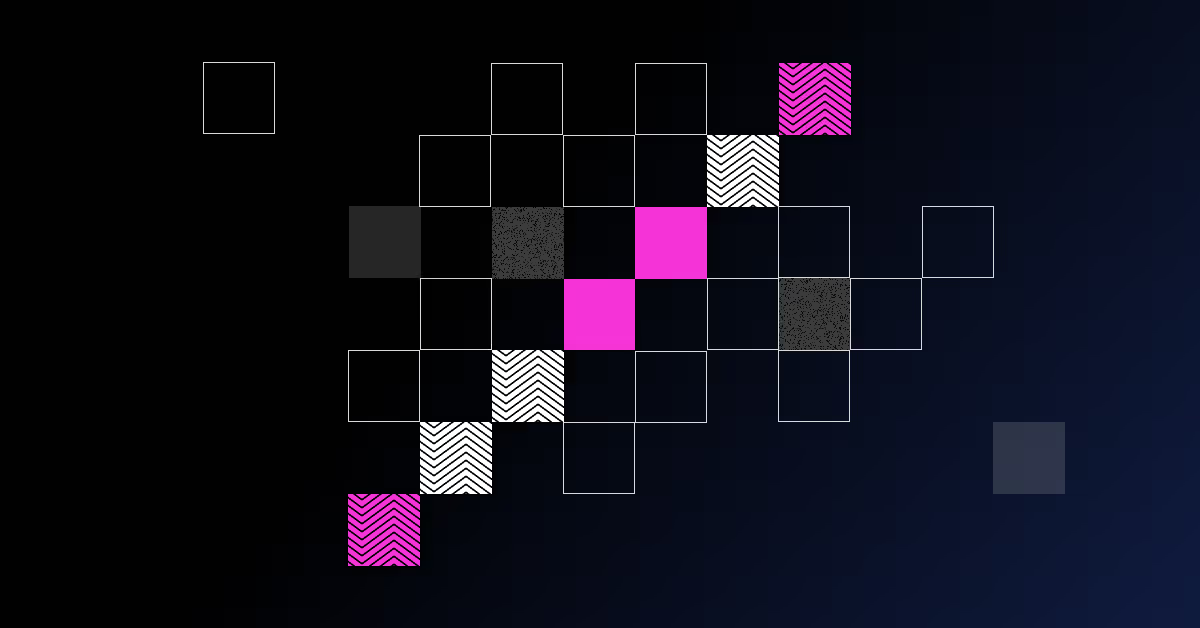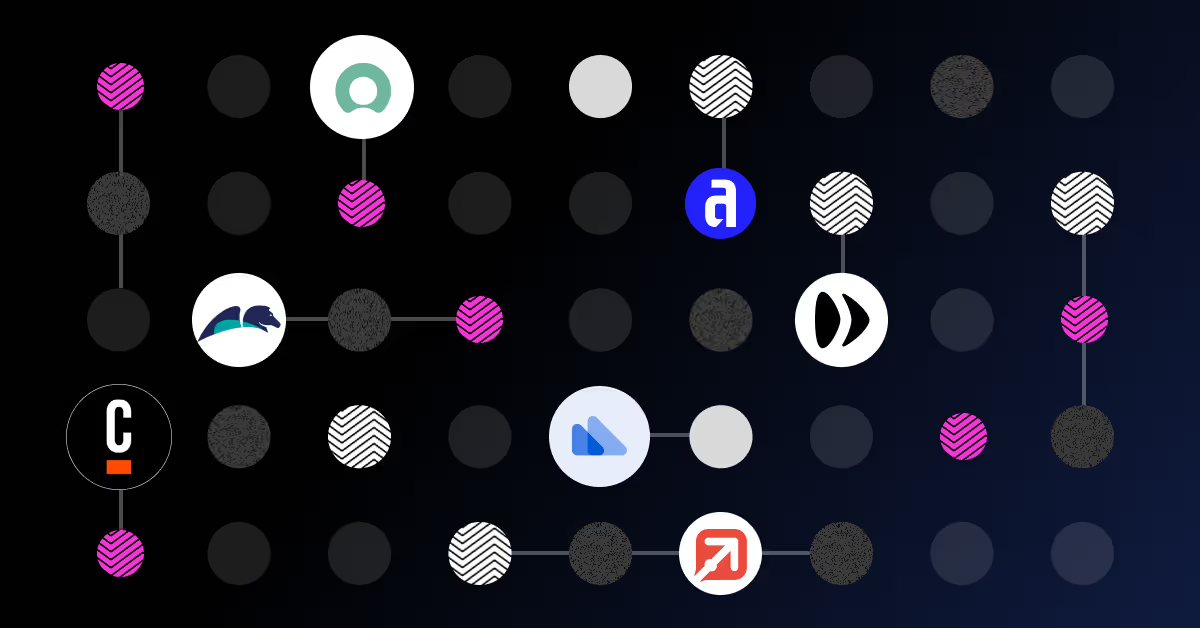Will AI develop consciousness and original thought? (2026)

Ever since OpenAI launched ChatGPT in November 2022, skeptics have been predicting Doomsday scenarios of robots taking over work, society and life itself. While some have embraced GenAI technology with open arms, others have given it a wide berth, afraid of what it might be capable of.
Today we’ve asked our Head of AI Research and Development, Sam Ward to answer the Billion dollar question: Is AI capable of developing original thought, and can AI develop consciousness? Plus, all the questions around what might be possible to do in the future.
Is AI capable of original thought?
I think the first thing we need to establish here is what we mean by original thought. Throughout history, human progress has been built upon the knowledge and creations of previous generations. The transformation of raw data into useful information has taken place through analysis. When intelligence or analysis is applied to data, it becomes actionable and targeted information. Similarly, the process of generating "original thought" involves transforming data into ideas. While conceiving a new idea might take a lifetime, understanding and building upon that idea in the next generation become easier due to the accumulated knowledge over time.
All this raises the question of whether AI needs to generate entirely new ideas (original thought) to be valuable. My opinion is that it does not. The valuable aspect of AI lies in its ability to process data and transform it into useful, targeted information, rather than necessarily generating entirely new concepts.
When it comes to AI, it's possible for AI to generate original thoughts, albeit in its own way. AI can analyze various sources of knowledge and combine them to produce new and unique outcomes. This means AI can consider different pieces of information together to deliver something novel or original.
How far away are we from AI original thought?
With the rise of generative AI tools like ChatGPT and LLama, the possibility of original thought becomes more likely. However, current GenAI still relies on human prompts and existing data. True original thought, akin to human epiphanies and consciousness, remains beyond their capabilities. Predicting a breakthrough date is challenging, and progress might be influenced by previous AI generations. To achieve genuine original thought, we may need to change our AI approaches, possibly moving from precise data representation to a more abstract form. Our current models, limited by data snapshots, will need continuous updates.
Despite these challenges, a rough approximation of 'original thought' could emerge in the next twenty to thirty years.
What would be the potential AI applications?
Original thought in AI holds vast potential. Imagine directing scientific studies to uncover new medical or energy breakthroughs by analyzing previously unconsidered data. In business, advanced AI could enhance reasoning, determining tasks' timings and priorities.
AI personal assistants might manage communications independently, learning from human interactions. Looking ahead, AI could revolutionize farming and social welfare, optimizing crop yield and resource distribution. All of these advancements rely on AI's ability to process vast data, generate suggestions, and act without specific prompts.
Read more: Implementing AI and overcoming barriers in GBS
What will the impact be on society?
‘Original thought’ is highly likely to be predicated on a General AI model and the implications of General AI will fundamentally change the way that we interact with technology. Unlike current systems, General AI won't require us to use specific commands or interfaces; it will understand us naturally. Businesses' AI systems could also communicate directly with each other.
Already, GenAI is changing industries, with McKinsey going so far as to say that it expects 12 Million job changes by 2030, especially in customer service. For example, there is likely to be a massive surge in data collection, data quality assurance and depending on the specific generative AI’s, data shaping roles. That said, a more General AI capable of original thought could have a more severe effect displacing more jobs and workers, even in roles that have more advanced or complex reasoning.
We also have to consider that to date, society has been led by one species: humans. With the birth of General AI’s and AI’s capable of original thought, we have to consider the potential that humans may no longer be the ones driving progress, and that progress may not align with humanity.
Is General AI the same as Artificial Consciousness?
Yes and no. General Artificial Consciousness should focus on creating a 'space' for intelligence rather than structuring intelligence itself. Current AI can be likened to a Bonsai tree in that it is limited to a pre-defined shape that we have chosen. We want current AI to function in a certain way and those human limitations means that ultimately we limit the AI, but it becomes more targeted and arguably useful. If we want to see Artificial Consciousness then I propose that we let AI develop organically and ‘see what happens’.
In the case of Artificial Consciousness, we should imagine a pond. Introducing data (like dropping stones) creates ripples and waves. The complexity of data leads to intricate patterns, akin to 'original thought.' The pond represents consciousness potential, and disturbances in it signify intelligence. We need to replicate this 'pond' in computer science, possibly through virtual quantum fabrics, tricking computers into higher intelligence.
Should we be worried about General AI?
Not yet. The main concern lies in the intentions of those developing AI and potential biases in data. Currently, AI's capabilities is still in its infancy and depends on data quality, which is well-regulated. We lack the hardware for highly advanced AI. Instead of fearing AI, we should strive for Artificial Consciousness and hope that intelligence is a byproduct of this endeavor.
Sam Ward is currently working as Enate’s Head of AI Research & Development following almost two decades of engineering experience with a focus on innovation and research, specifically in AI and machine learning. He has a passion for solving complex technical problems and delivering solutions that are heavily augmented with AI. Check out more articles by Sam.




